representation
-
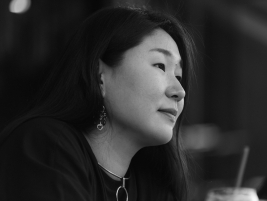
- How a Diaspora Director Talks About the “Comfort Women” Issue Through a Documentary
-
The documentary film <A Boat Departed From Me Taking Me Away>, directed by Cecilia Kang, a second-generation Argentine of Korean descent, follows the journey of the protagonist, Melanie Chong, as she confronts and grows increasingly aware of the issue of the Japanese military “Comfort women.”
-
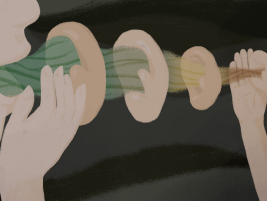
- Who is afraid of images?
-
In August 2000, I videotaped the medical examinations of the Japanese military “Comfort Women” victims in preparation for the upcoming “Women’s International War Crimes Tribunal” scheduled for Dece
-
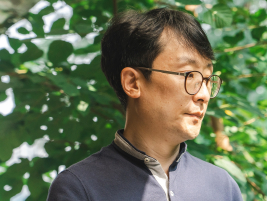
- Calling Kim Soon-ak’s “Names”: An Interview with “Comfort” Director Emmanuel Moonchil Park
-
Kim Soon-ak was referred to by countless names throughout her life: As we can guess from her multiple names, her life was full of twists and turns we didn’t know or didn’t want to know about.
-

- Problems in the Ethics of Female Representation
-
A Conversation between Gina Kim and Han Sang Kim
-

- Gazing at the “Death Pit” and Representation of the Memories of “Comfort Women” Victims
-
She deals with the issues of how the victimization of women in the post-colonial Korean society is represented, what type of gaze operates here, and what the gaze ultimately strives to see.
-
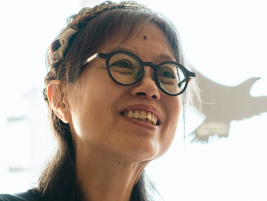
- The Most Beautiful Metaphor of the Nature of “Violence” - Interview with Kwon Yoon-duk, Author of “Yong, Maeng Ho”
-
More than 10 years after the publication of the picture book “Flower Granny,” which tells the story of Sim Dalyeon, a victim of the Japanese Military “Comfort Women,” author Kwon Yoon-duk released “Yong, Maeng Ho,” the main character of the Vietnam War veteran. What is the story left by the author who has pointed out violence in Korean history through her works?
-
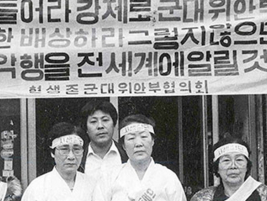
- Translation of Silence, or Representation of the Untranslatable - A Review of the Film “The Silence”(2017)
-
Film researcher Hwang Miyojo sheds light on the documentary film “The Silence” produced by female director Park Su-nam, a second-generation Korean-Japanese. Director Park documented the struggle of Lee Ok-sun, who demanded that the Japanese government apologize and provide compensation, together with 14 colleagues.
-
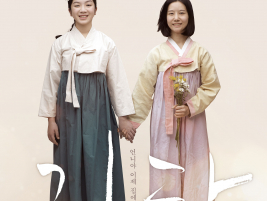
- Now/here, the inside and outside of the 'comfort women'1 films, Part 1 - <Spirits' Homecoming> as a ‘male-oriented movie'
-
Written by Son Hee-jung, Yonsei University Institute of Gender Studies
-
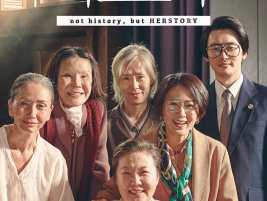
- Now/here, the inside and outside of the 'comfort women'1 films, Part 2 - It is possible to imagine differently
-
Written by Son Hee-jung, Yonsei University Institute of Gender Studies
-
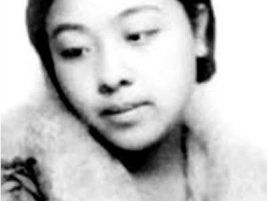
- Thoughts on the issue of sexual violence of the Japanese military in China <Part 2> -A dilemma in reproducing the pain and damage caused by the sexual violence of the Japanese military in China
-
Written by Lee Sun-yi, a research professor at KyungHee University Institute of Humanities